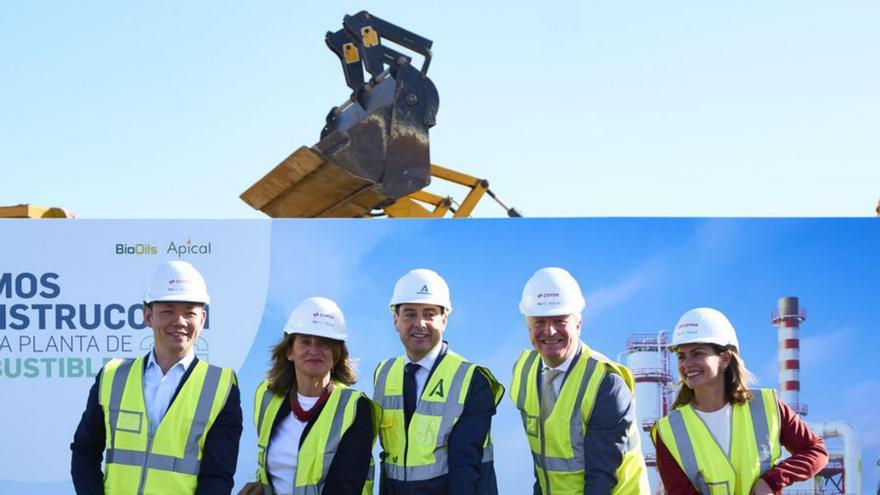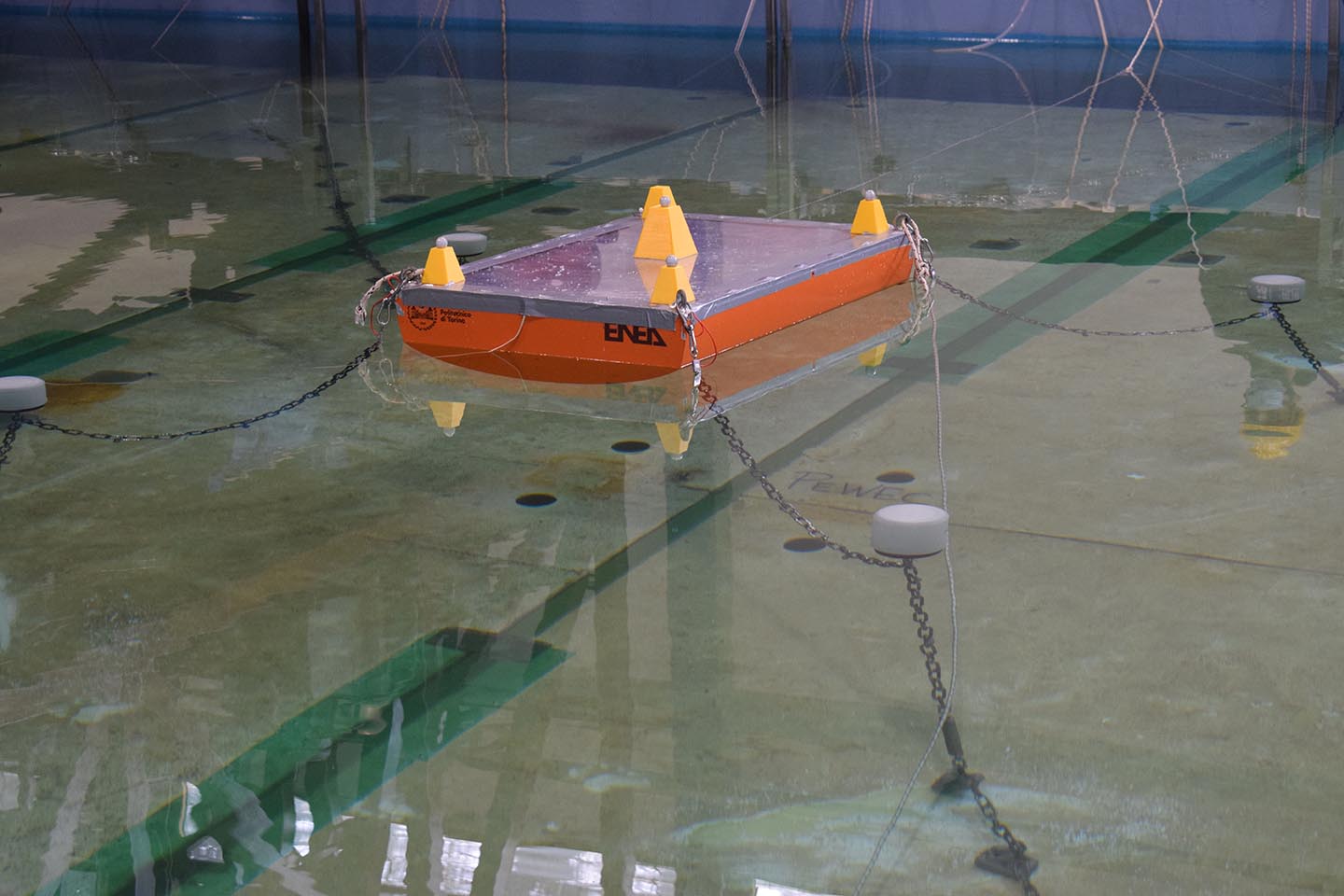Cepsa is accelerating its commitment to biofuels by establishing a joint venture with Bio-Oils to build the largest plant for this type of fuel in Southern Europe in Huelva. Work began yesterday with the laying of the first stone in Huelva. The oil company will invest up to 1.2 billion euros and the project is expected to generate about 2,000 direct and indirect jobs. The facility will be built in Palos de la Frontera next to the La Rabida Energy Park. Vice President of the Central Government, Teresa Ribera, and Andalusian President Juanma Moreno laid the foundation stone in a ceremony held yesterday.
This installation will double Cepsa and Bio-Oils' current production capacity of second generation (2G) biofuels to 1 million tons. 2G biofuel is produced from agricultural waste or used cooking oil and allows transportation by land, sea and air to decarbonize existing appliance engines. “This is a strategic project for Spain and Andalusia. We want this project to become a European reference in the field of green molecules and will facilitate the immediate decarbonization of non-electrified sectors, such as air transport,” explained CEO Martin Wetselaar. Cepsa during the show.
One of the key factors for producing biofuels on an industrial scale is the presence of sustainable raw materials, such as agricultural waste or used cooking oil. This is the mission undertaken by Apical, the parent company of Bio-Oils. “We expect production of sustainable aviation fuel to triple by 2024 compared to the 1.5 tons that will be produced in 2023. The plant we are inaugurating today will be the largest aviation facility in Southern Europe, and is an example of how industry players are coming together to deliver sustainable aviation,” said Prathipan Karunagan. , CEO of Apical: “We are enhancing the potential of sustainable aviation fuel (SAF) and increasing its adoption in an affordable way.”
Sustainable design
The facility is expected to produce approximately 500,000 tons of sustainable aviation fuel and renewable diesel per year, and will be the second largest renewable fuel complex in Europe, with a total production capacity of 1 million tons per year.
Cepsa confirms that the new biofuel plant will be built with minimal environmental impact. The company will use 100% renewable hydrogen and renewable electricity. In addition, the facility will be designed with the aim of achieving net-zero emissions in the medium term, and will consume not fresh water but rather renewable water. The new plant will also produce biogas, an essential raw material for the production of green hydrogen, one of the elements that will allow the industry to decarbonize.

“Infuriatingly humble social media buff. Twitter advocate. Writer. Internet nerd.”



